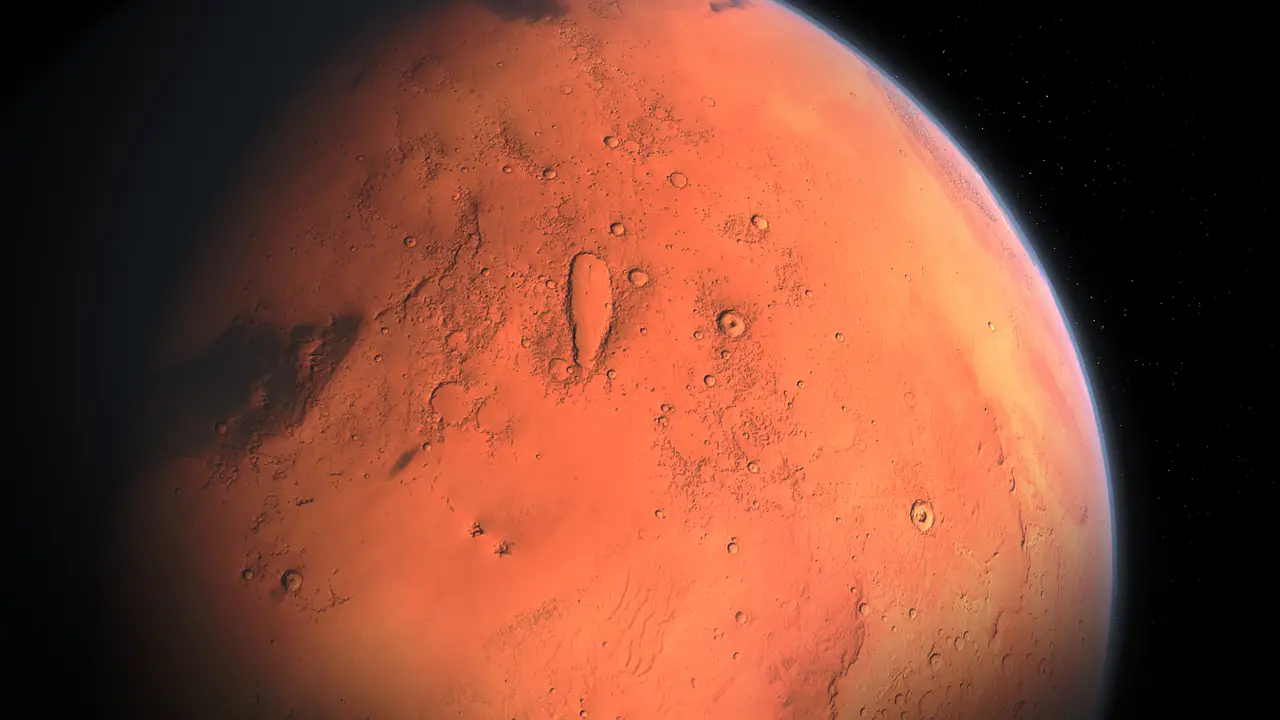A Large Stable Body Of Water Has Been Detected On Mars
Tags: News

For decades, scientists have debated whether Mars holds any water at all – the assumption being that if there was no water then the planet could not sustain life. However, as the years have gone by, more and more discoveries have been made – from glaciers to sheets of ice buried just beneath the surface – and today, we’re faced with the biggest discovery to date. One that marks the first time a large body of liquid water has been detected on Mars.
As told by The Independent, the reservoir was found underneath Mars’ southern pole, stretching 20km across. The Mars Advanced Radar for Subsurface and Ionosphere Sounding (Marsis) instrument onboard the Mars Express spacecraft was used to find the reservoir that sits 1.5km beneath Mars’ southern pole. The Marsis gives off radar pulses that penetrate the surface, as far down as the instrument is tuned to go. The radar then bounces back up to the Marsis and the signal is measured. The measurements represent what the radar has passed through.
Roberto Orosei led the team of scientists who studied the data the Marsis took in from May 2012 and December 2015. When the Marsis reached the south pole, and the team noticed a very sharp change in the data being fed back, they spent two years studying it, ruling out every possibility before coming to the conclusion that they’d found a large reservoir of liquid water.
“It’s tempting to think that this is the first candidate place where life could persist on Mars,” said Orosei.
The scientists drew a myriad of similarities between their data and that which is seen when radars look beneath the Antarctic ice sheets on Earth. It has been determined that microbial life could be found beneath the Antarctic ice sheets – and perhaps so on Mars.
“This kind of environment is not exactly your ideal vacation, or a place where fish would swim,” Orosei added. “But there are terrestrial organisms that can survive and thrive, in fact, in similar environments. There are microorganisms on Earth that are capable of surviving even in ice.”
What makes this discovery all the more surprising is the fact that it’s even colder on mars than the coldest parts of Earth.
Read More: Scientists Just Found Water On Mars — Where They Thought It Couldn’t Exist
Image Credit: Pixabay
Leave Comment: